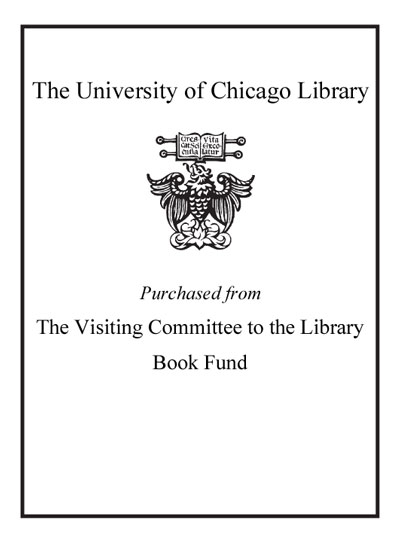Review by Choice Review
Gunsberg (Manchester Univ., UK) studies commercial films--melodramas, comedies, peplums (i.e., films set in biblical times or classical antiquity), horror films, and spaghetti westerns--produced during peak periods (the 1950s and 1960s) and overlooked by critics focusing on neorealism. She defines the formal properties of each genre and isolates "key gender issues" facing a patriarchal, Catholic, and capitalist society. For example, the melodrama reflects the dispersion of the family in postwar Italy and nostalgically recalls the importance of family unity, marriage, and motherhood. Mothers who experience sexual desire suffer and are torn away from their children. This mater dolorosa, a recurring motif, functions "much like the religious morality tales reminiscent of the exemplum, told from the pulpit." In describing how other genres reflect and reinforce cultural expectations and exploit fears, Gunsberg examines consumerism and commodity fetishism in the commedia all'italiana, the idealization of masculinity in peplums, and the gynophobic response to the threat of femininity and autonomy in horror films. The final chapter addresses the homosocial aspect of the spaghetti western, providing a context for the assertion of masculinity--and whiteness. Relying on the work of Stephen Neale and Laura Mulvey, this book anticipates a reader familiar with Freudian and Lacanian vocabularies. ^BSumming Up: Recommended. Upper-division undergraduates through faculty. S. Vander Closter Rhode Island School of Design
Copyright American Library Association, used with permission.
Review by Choice Review

